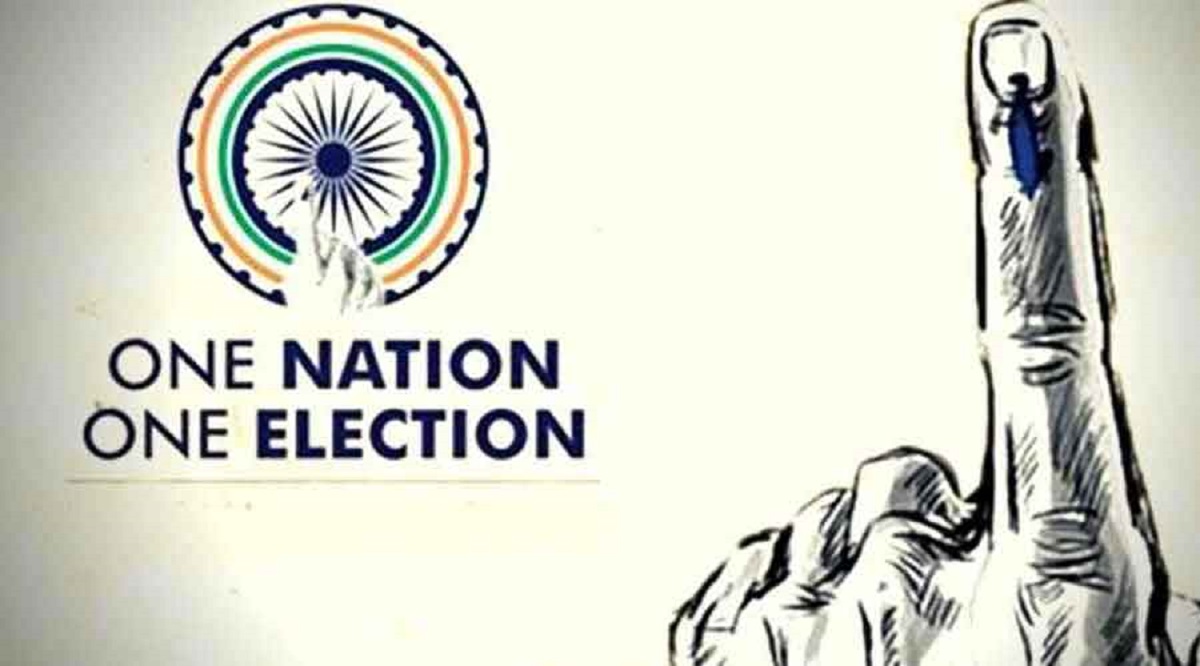The Modi government’s surprising decision to convene a special session of Parliament from September 18 to 22 has sparked political speculation and discussion. While the usual winter sessions were scheduled for December, these unexpected sessions, coinciding with the Amrit Call, have raised questions.
Parliamentary Affairs Minister Prahlad Joshi expressed hope for productive outcomes but did not disclose the specific agenda. However, reliable sources suggest that the government might introduce the Jamili Election Bill, also known as ‘One Nation-One Election.’ If simultaneous elections nationwide prove unfeasible, the government may consider advancing the Lok Sabha elections and conducting partial simultaneous elections in some states.
Speculation abounds that the Modi government could unveil unconventional measures to divert national attention and create a favorable atmosphere for the BJP in the upcoming general elections. Simultaneous elections pose challenges due to the substantial financial resources required for staffing, security, electronic voting machines (EVMs), and voter-verified paper audit trails (VVPATs).
However, constitutional amendments require a two-thirds majority, making approval unlikely, and opposition parties are expected to reject the proposal for simultaneous elections. The Congress party argues that this move may distract from concerns like the Adani group fraud.
As for dissolving the Karnataka Assembly, formed in May, it depends on state-specific factors and legal procedures, which the Modi government would need to navigate if it intends to hold general elections. The special session’s outcome remains uncertain, but it has certainly set the stage for intriguing political developments.
